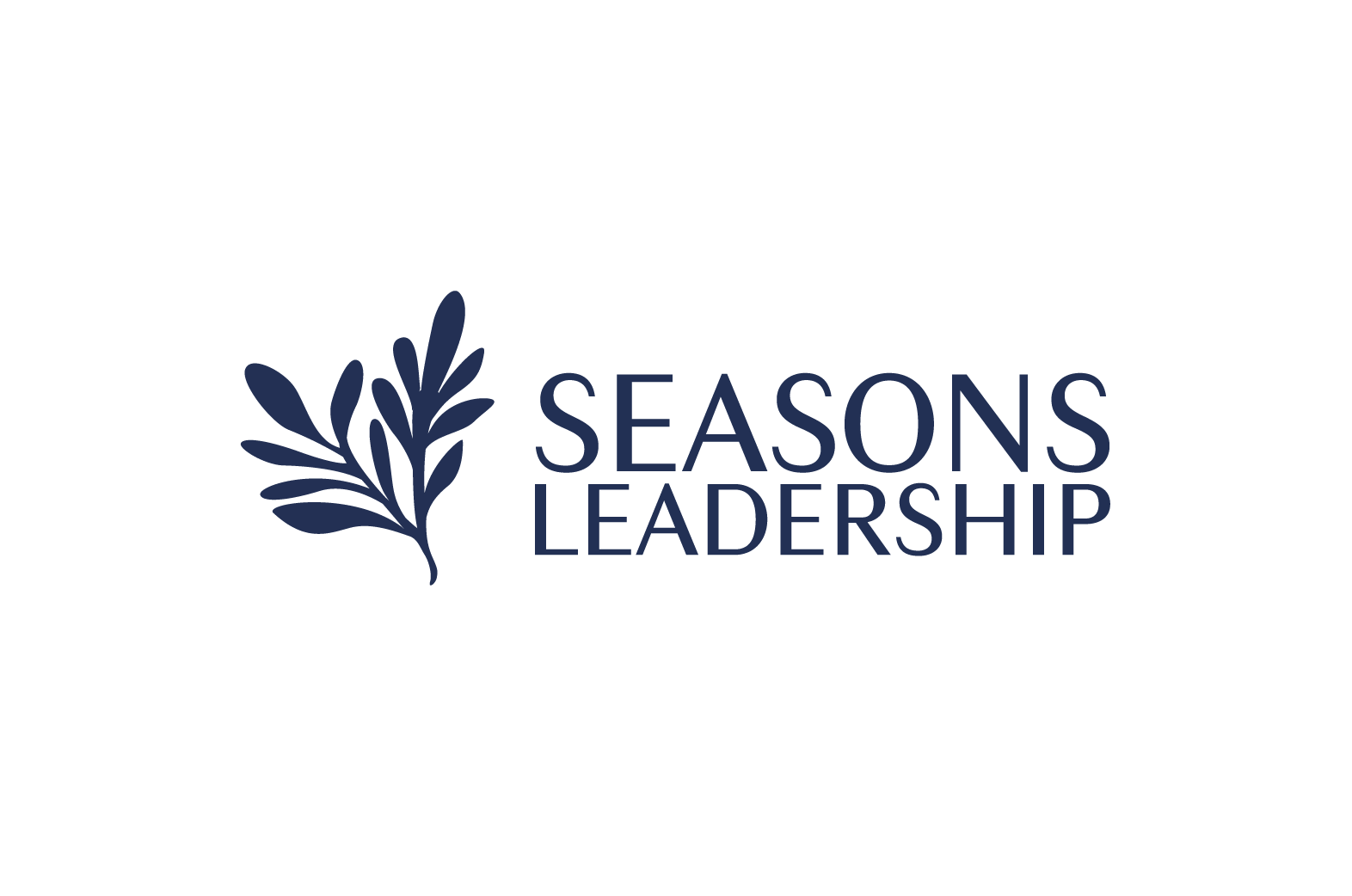How to answer the question, “Do I need coaching?”
Answering this question is tough for many people because they aren’t even sure what coaching is. When I first became aware of the term “coaching” I was an executive in a large aerospace business. My boss told me that a manager in the organization needed a coach and asked me to help with getting one. Because this was all new to me, I didn’t really know where to start. But I contacted a couple of trusted colleagues and found out how to go about getting a coach assigned to help the manager get over the obstacle in their path. What I learned was that anyone and everyone can benefit from coaching. There is no better time than right now to start exploring coaching for yourself. Let’s start with the basics, explaining what coaching is and why it’s important.
What is Coaching?
Coaching originated from the word “stagecoach” and is a partnership that helps take someone (the client) from where they are to where they want to be. That includes overcoming obstacles - seen and unseen – much like stagecoach journeys of old. Coaches are objective and non-judgmental, using a collaborative approach based on what the client wants because they are not tied to anyone’s goals but the client’s goals.
As coaches, we coach the whole client - not just their role or job - and we are focused on the client’s agenda. When you work with a coach, you’re not talking to your boss, a peer, a friend or your spouse; any of who may have their own agendas regarding how they want you to behave or what they think you should do. Coaching is all about you, and your unique situation and goals. Coaches don’t judge you; they help you overcome obstacles to achieve your goals.
What coaching is not:
Coaching is not consulting. Consultants tend to be experts in certain fields, and they are very useful in many situations, such as when you need external assistance in their area of expertise. They may bring an agenda and possible answers to a client. Coaches have their true expertise in the coaching process and their only agenda is to help the client be successful and get their desired outcomes.
Coaching is not mentoring. Mentors are wonderful and can be very helpful when their personal experiences and opinions can serve as a model of success for the client. Coaches help their clients even without first-hand knowledge of what the client experiences.
Coaches are not therapists. Therapists often help clients fix problems, overcome issues and sometimes manage mental illness. Their work is often focused on things that have occurred in the past. Coaches focus on the future and on solutions; they do not see anything as a problem, only an opportunity. The therapist usually helps the client understand “why” while the coach helps the client focus on“how.” The best description I ever heard of the difference between therapy and coaching (from a coach who had first been a therapist) is: “Therapy helps someone move from dysfunction to functioning while coaching helps someone move from functioning to excelling.”
Intrigued? Think you might benefit from coaching but not quite sure?
As I said earlier, anyone can benefit from having a coach. In corporate America, coaching hasn’t always been championed for all which does a huge disservice both to the individuals who could benefit from a coach and to coaching itself. Earlier in my career I had gotten to experience coaching through company-sponsored training but had never really had a personal coach who could help me get over obstacles and accomplish my goals. When I would ask if I could get a coach(sponsored and paid for by the company), I was told that I didn’t qualify for a coach because I was a high performer and coaches were only for those who couldn’t perform or had issues working with others. This seemed like a backwards approach to me. Wouldn’t it make business sense for the organization to invest in their high performers to help them perform even better? Thankfully,this attitude changed when the company began piloting a new approach by encouraging high performers to work with a coach to see if that would accelerate their performance. I jumped at the chance.
My experience in working with a coach one-on-one was fantastic. That coach helped me see through my blind spots and asked me tough questions that caused me to deeply explore motivations behind my actions and what was driving me, what was my “why?” for doing what I did? I credit working with a coach for accelerating my performance as an employee and a leader but also for helping me improve things in all aspects of my life.Coaching was a game changer for me personally! But if you still aren’t sure if having a coach can help you, consider this list:
Top 5 indications you can benefit from coaching:
1. Feeling stuck: You feel like you have no good choices, your hands are tied, or you’re stuck.
2. Lacking motivation: You can’t seem to get motivated; you feel like a victim, you hate your current situation,or your life isn’t where you want it to be.
3. Going through a transition:You are going through a transition: new job, new level, new location, new team, new something - and you want a partner to help you navigate the changes successfully.
4. Wanting to accelerate performance: You can’t accomplish what you intend, and you want a partner to help you accelerate your performance.
5. Taking on a stretch assignment: You are doing great and have a stretch goal to achieve, and you want to nail it!
These are just a few examples. Any or all these examples could be happening in some aspect of your life at any one time and indicate you could benefit from coaching. There are a bazillion reasons for getting a coach, and pretty much zero reasons not to. Getting a coach is investing in yourself and your future – and what better investment is there than that?
What are you waiting for?
Convinced? Ready to find the perfect coach for you? Here are some top tips to help get you started in preparing for coaching.
Step 1: Commit. Want it and really commit to the investment in yourself. Many people, when engaging with a coach for the first time, don’t really know what to expect – but if they are sincere about wanting a change or development, they will be successful. This is about committing to the process – and trusting it. Show up and be present and things will work – you will get out what you put in with coaching.
Step 2: Be open. Be open to a new experience and another perspective. Your coach isn’t going to tell you what to do, nor will they judge you or criticize your thoughts and ideas. Your coach is your “thinking and discovering” partner and will probably be one of the best listeners you’ve ever known. Coaches can help you see your blind spots. Coaching is always a personalized experience. You will go deep, which might be uncomfortable if you haven’t experienced this before, but that is where the transformation happens if you are honest with yourself and trust the process. You will discover what is at the root of your desires and get clarity on how you can achieve your goals.
Step 3: Set a goal. Setting goals is important because you can use them to measure against and know you are making progress. Your coach can support you staying on track to achieve those goals, as an accountability partner.
Step 4: Accept feedback. The feedback you might get from a coach is different from what you would get from your boss. For example, a coach will make observations for you to consider while remaining completely objective. The feedback is usually about helping you see more possibilities and choices.
Step 5: Seek out a coach. I recommend you seek a coach that is certified by the International Coach Federation (ICF). Anyone can hang out a shingle and call themselves a coach, and for this important investment in yourself and your future, you want to be sure that your coach has been certified to a rigorous set of coaching and ethical standards. It also is important to select a coach that is a good fit for you and your situation; because coaching is very personal you want a coach that you can trust and really go deep with. Most coaches offer a complimentary discovery session, and you can use this to see if that coach is for you. If anyone you know and trust has used a coach or can recommend a coach, that might be a good starting place for your search.
My transformational experiences in working with a coach had a far-reaching impact on my life. Not only did the coach help me with any number of hurdles while I was working in corporate America, but once I retired from that role, I found myself wanting to stay active and help others. Because I knew I wanted to do something, but not what that something was, I sought out my coach and asked for help in figuring out what was next for me. After a few sessions, I discovered that my purpose is making a positive difference in the world. To align with that purpose, I decided that I wanted to become a coach! I wanted to help others the way I had seen coaches help people and the way my coach had helped me. Since becoming a certified coach, I feel aligned with my purpose and there is such gratification in being helpful to others overcoming obstacles and achieving their dreams.
You don’t have to become a coach to benefit from coaching. Coaching can benefit any of us in countless ways. Many business people rely on others to invest in them (their company, their boss, their mentor)instead of investing in themselves. Today, people don’t tend to stay at companies long-term. There also are more entrepreneurs and solopreneurs out there than ever before. Waiting for someone else to invest in your future or putting your goals and needs on hold for “someday” is short sighted. The most important investment you can make is in yourself and your goals. A theme heard often from successful people naming one key to their success – invest in yourself! To use an aviation analogy: “Put your own mask on first before helping others around you.” The interpretation is that you can’t help anyone else, or lead anyone else, if you don’t take care of yourself first. So, what are you waiting for?













